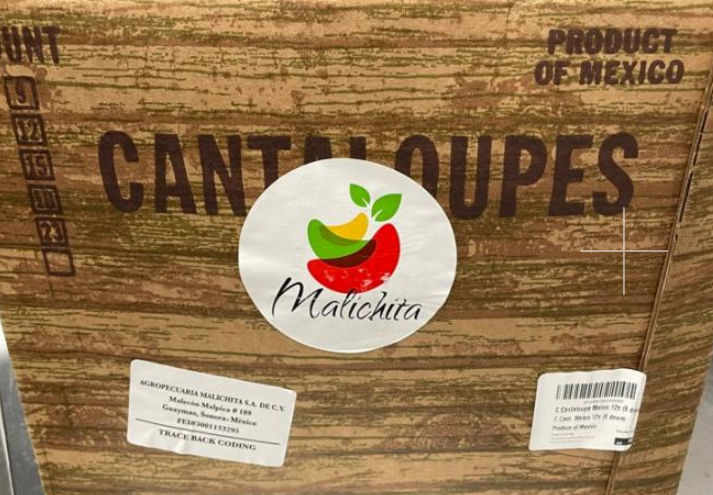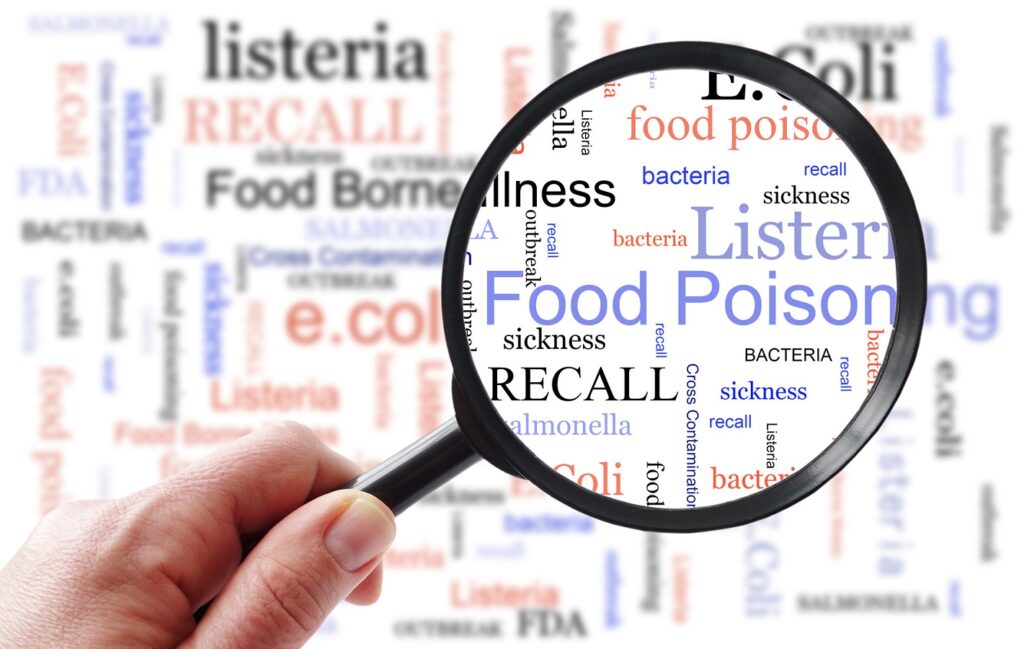The CFIA reported that Malichita brand Cantaloupes are being recalled due to the CFIA’s detection of Salmonella in the product. Affected products were sold between October 22, 2023, and November 1, 2023, inclusive. The cantaloupes were distributed and sold in Nova Scotia, Prince Edward Island, Quebec, and possibly other provinces and territories. The CFIA test results triggered this recall. There have been no reported illnesses associated with the consumption of this product. @ https://recalls-rappels.canada.ca/en/alert-recall/malichita-brand-cantaloupes-recalled-due-salmonella?utm_source=gc-notify&utm_medium=email&utm_content=en&utm_campaign=hc-sc-rsa-22-23




